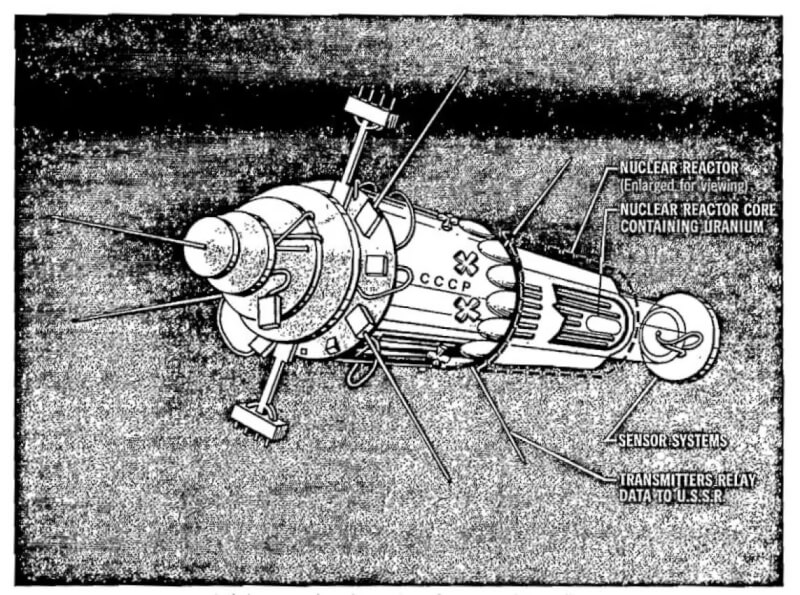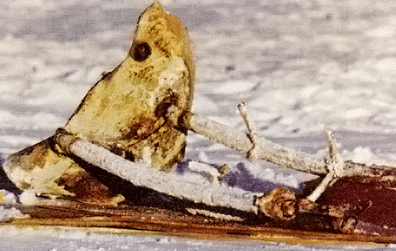
In mid-September 1977, the Soviets launched the uranium-powered satellites. Its most likely purpose was the long-term monitoring of naval activity of the North Atlantic Treaty Organization and United States. Only two months later, though, Kosmos became unstable, its orbit unpredictable. Despite Cold-War tensions, the Soviets met with the Americans to discuss the satellite’s anticipated crash—expected to come down in North America. Some officials predicted its uranium would cause worse nuclear contamination than an atomic bomb.

While experts believed the satellite’s most radioactive parts vaporized in the atmosphere, area wildlife were contaminated by radioactive material that remained intact after falling to Earth and locals were concerned of the uranium’s effects on human populations.
It was an unusual scare in what’s normally a quiet part of Canada. But one resident prophesized that, “the north has awakened to a new era.”
Advertisement












